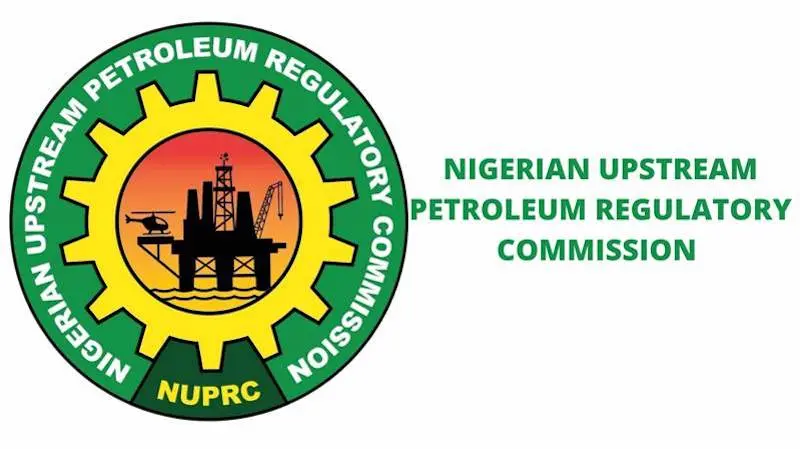The Nigerian Upstream Petroleum Regulatory Commission (NUPRC), is carrying out audit of potentiality including both technical and financial standing of local oil firms currently itching to take over about 26 oil assets considered for divestment by International Oil Companies, IOCs.
The upstream oil industry regulator has revealed that four International Oil Companies (IOCs) are planning to divest from 26 oil blocks in Nigeria.
The ongoing due diligence by NUPRC is to ensure proper handing over as Nigeria targets to upscale its production to meet quota offered by the Organization of Petroleum Exporting Countries, OPEC.
The IOCs that have signified intention to divest the fields are the Nigerian Agip Oil Company, ExxonMobil, EQUINOR, and Shell Petroleum Development Company.
They aim to transfer the ownership of these blocks to local firms.
This move is expected to significantly enhance national oil production and provide substantial benefits to various stakeholders in the energy sector.
The decision of major IOCs to divest from oil blocks in Nigeria the NUPRC said signifies a strategic shift in their investment focus.
By transferring ownership to local firms, these companies are not only complying with regulatory requirements but also fostering indigenous participation in the oil and gas industry.
This divestment strategy can lead to increased efficiency, innovation, and job creation within the sector.
The NUPRC said the 26 oil blocks in consideration hold significant reserves of oil, condensate, and natural gas, which play a crucial role in Nigeria’s hydrocarbon resources and marks a potential impact on national production.
The planned transfer of these blocks to local entities is poised to boost national production levels, thereby contributing to economic growth and energy security. This move aligns with the government’s efforts to maximize the country’s energy potential.
Also, the involvement of the NUPRC, alongside international consultants like S&P Global Commodity Insights and Boston Consulting Group, highlights the importance of regulatory oversight and due diligence in the divestment process.
By engaging independent advisors, the commission aims to identify and address any liabilities associated with the transfer of ownership, ensuring a smooth transition and sustainable operations in the oil and gas sector.
The proposed transfer of oil blocks by IOCs to local firms in Nigeria represents a significant development with implications for both the economy and geopolitics.
This strategic divestment is expected to enhance national production, promote local participation in the energy sector, and strengthen regulatory oversight in the oil and gas industry.
As Nigeria navigates its energy transition, collaborations between international companies and local stakeholders will be crucial in driving sustainable growth and development in the sector.
Yemisi Izuora

